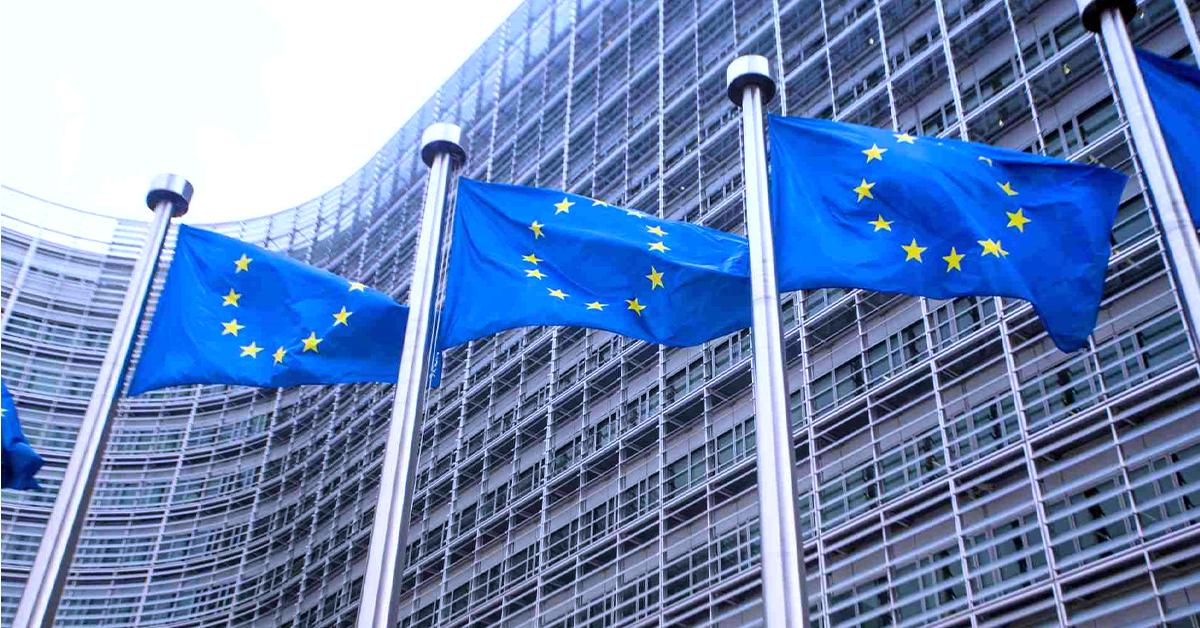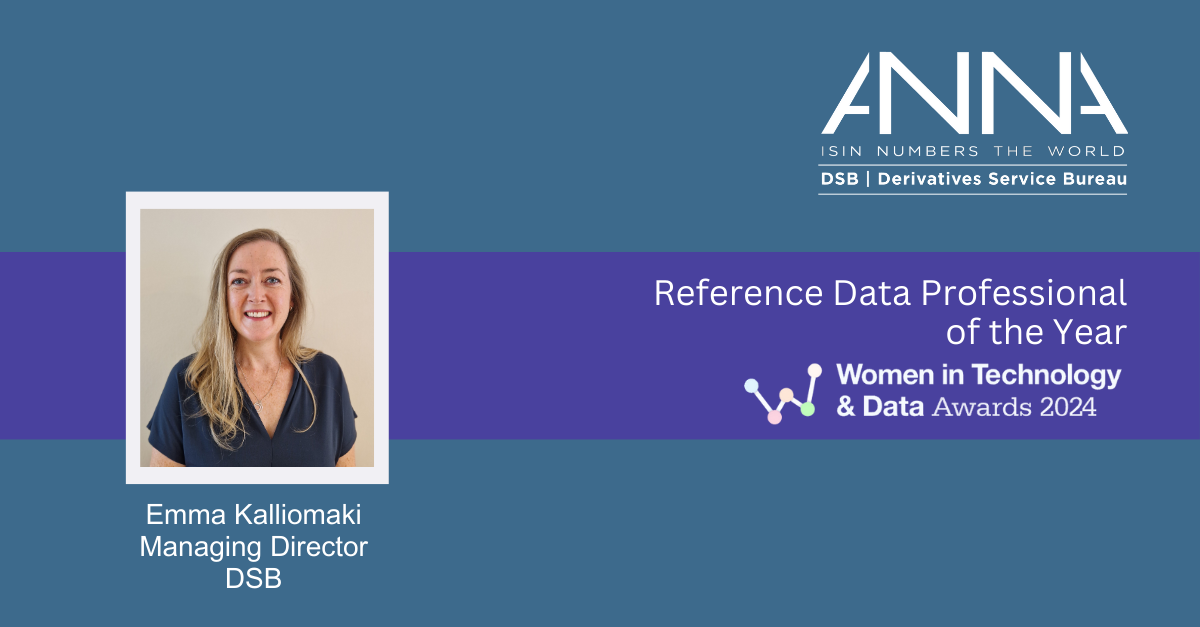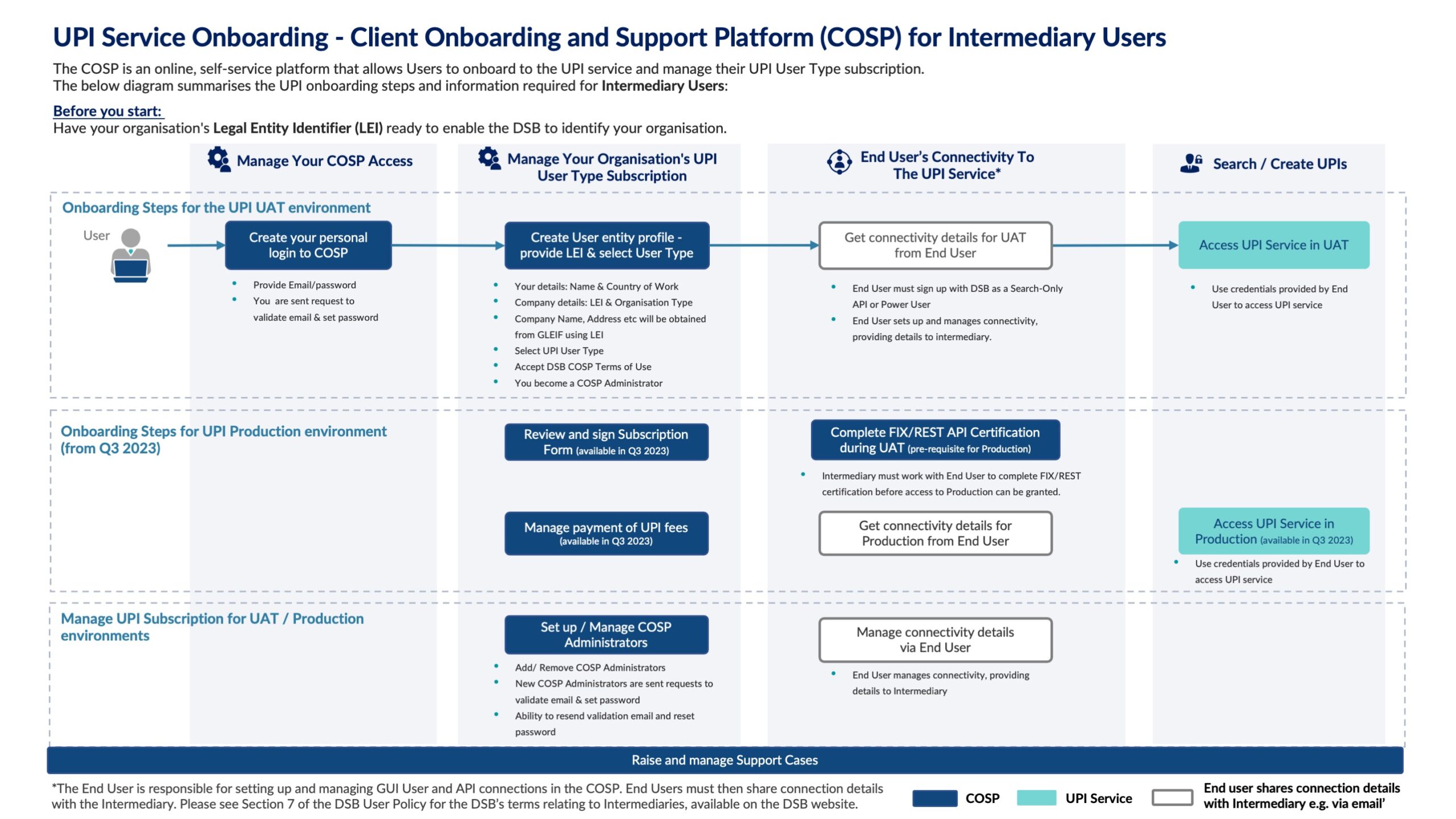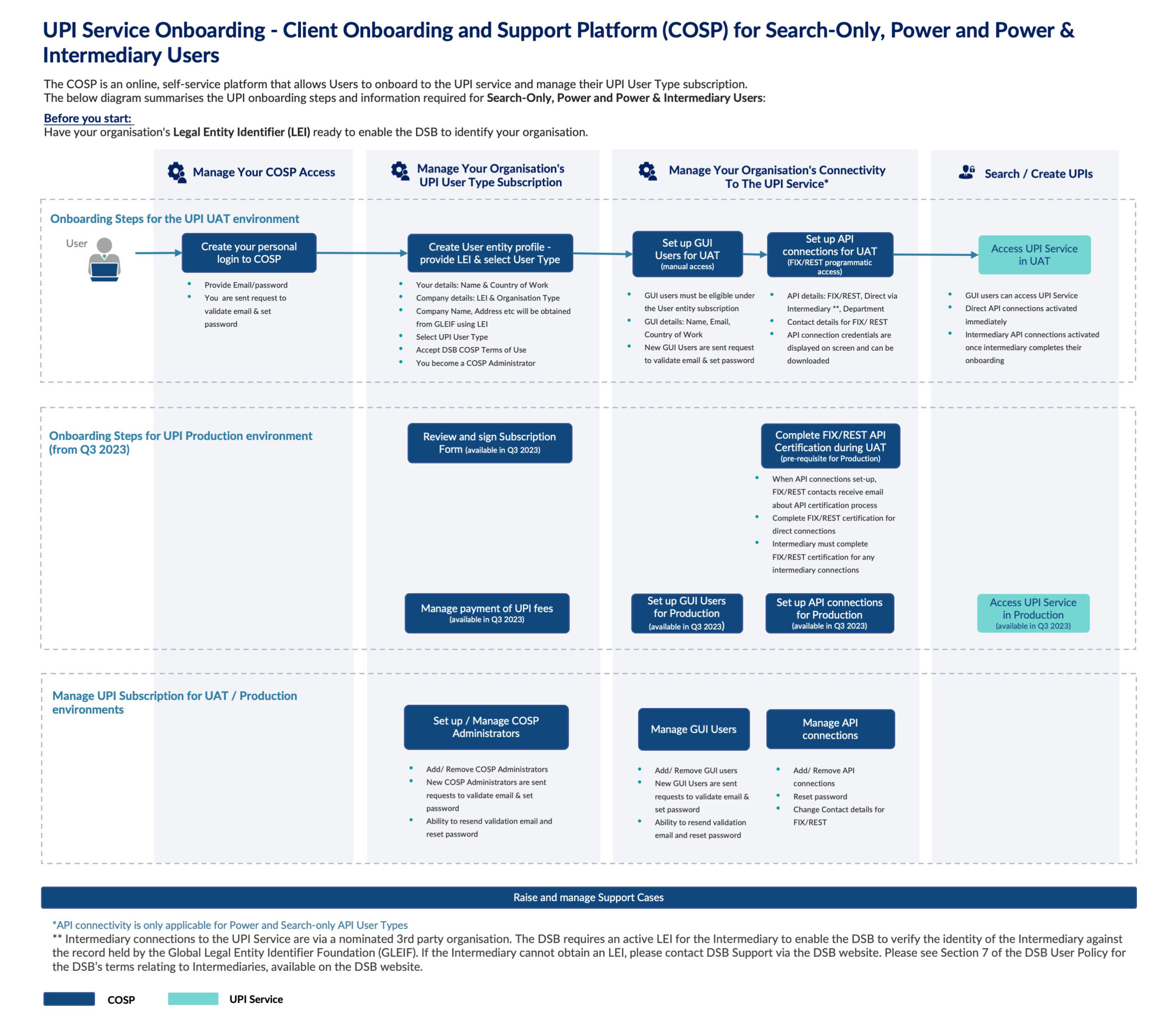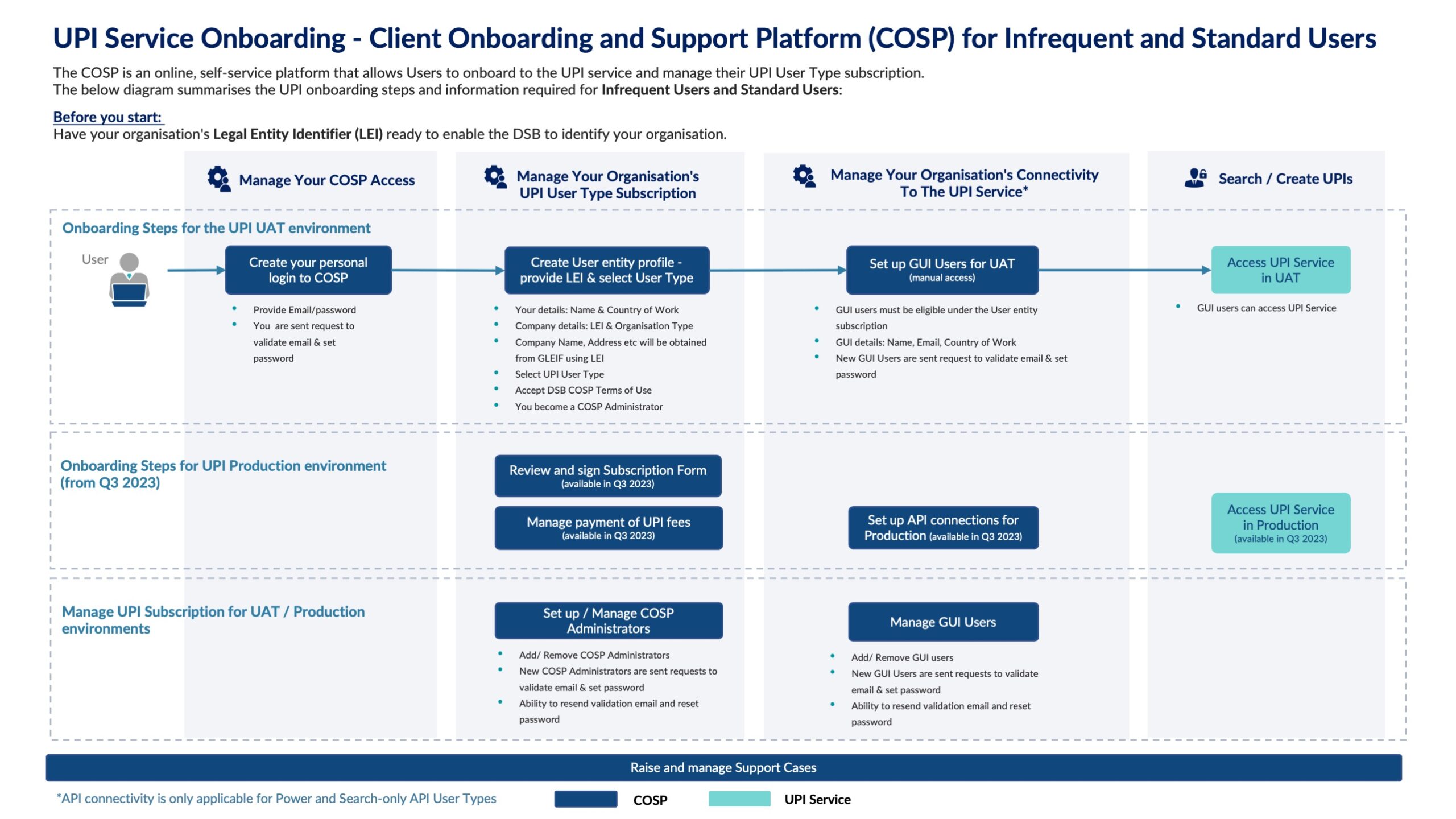Questions for Rudolf Siebel from the BVI
Name: Rudolf Siebel
Title: Managing Director, BVI (GERMAN INVESTMENT FUNDS ASSOCIATION)
- Tell us about the BVI’s primary areas of focus relating to OTC derivative data, and why BVI thinks the OTC ISIN is valuable to its members?
The German fund industry uses both exchange traded as well as OTC derivative instruments, mainly for hedging purposes. Our members strive for automation based on standards of derivatives trading, clearing, settlement, asset servicing and client or regulatory reporting. All these functions rely on the unique and correct identification and classification of the instrument. Therefore asset managers as represented by BVI clearly and consistently support the use of ISO identifier standards such as ISIN, CFI, UPI, UTI and LEI. In this context BVI appreciates very much the DSB work and hopes that the coverage of the ISIN will capture the full range of ETD and OTC derivative instruments in the future, and the DSB becomes the global low-cost “golden source” on derivative instruments reference data.
From a buy-side point of view the pre-trade availability of a globally agreed and standardized set of reference data attached to the ISIN identifier which in turn enables (in a first phase) automation of regulatory reporting as well as (in a second phase) trading, clearing, settlement and collateral management is a huge step forward for the (OTC) derivative markets.
We strongly support the ANNA/DSB approach for the license and fee free use of the data associated with an ISIN. It is most important for our members move to automation based on standardization to have a widely accepted international identifier and associated reference data without any usage restrictions because of intellectual property rights as other identifiers in this area. The downstream use of the data uninhibited and free of any intellectual property rights of the DSB and/or ISIN applicants, or other service providers is a must to insure global interoperability.
- How does the OTC ISIN come into play in your working role?
The usage of the OTC-ISIN helps our members, the fund managers active in Germany, in particular
- to fulfill regulatory requirements (e.g. EMIR)
- to streamline the straight through processing across all asset classes
- to reduce the number of errors in interfacing with the various partners
As BVI we focus in our work representing the interests of members with the German, EU, and global regulatory community to stress the need for automation based on global, open standards, especially ISO standards such as ISIN or ISO20022 on the transaction message side. We also stress the need for unencumbered, license and fee free use of the identifiers and the data associated with it to insure global interoperability and less reliance on workarounds and single firm standards and formats.
- BVI have stated that they welcome the work by the DSB to design, deploy and operate an efficient UPI as part of their feedback in response to DSB consultations. Why do you think the UPI is so necessary for industry?
We strongly welcome the work started by the DSB to design, deploy and operate an efficient identifier service that leverage the capabilities of the existing services (e.g. CFI and OTC-ISIN requirements) to the extent practicable.
We strongly support the UPI Governance criteria’s that the UPI data standard should not be subject to any intellectual property restrictions and that the usage of any UPI Code is free of licensing restrictions, especially also in the trading and clearing chain when the database is not published.
- How do you think the UPI will help the market? What are the key advantages?
The implementation of the UPI service will enable all market participants (e.g. fund management companies) and global authorities to perform further (global) data aggregation and to monitor exposure to, or positions in various groupings of (OTC) derivative products according to the G20 commitments. Please see also our comments to Q3.
- How will Fund Managers use the UPI service, and how important is it to them?
Fund management companies will generally – as it is the case today with the OTC-ISIN – not create an UPI code themselves and will therefore rely on the DSB UPI service to search for and/or download the UPI reference data record required for the relevant investment funds (UCITS/AIF). Most of the UPI codes will be created by the sell-side or other data providers as it is currently the case for the OTC-ISIN. UPI code is required in respect to the updated EMIR reporting obligation.
In this context, we would like to stress the operational needs of the buyside that the UPI code should be provided by the DSB in machine-readable download files for free to all registered users at the end of the day.
- Finally can you tell us more about your own view on the role of data standards in the financial sector?
From my point of view, financial market data and data standards are becoming more and more important. Our members strive for automation based on standards. Therefore reliable access to and availability of such data are essential for services along the entire value chain in asset management, from research to trading, clearing, settlement, compliance and risk management, but also in sales or regulatory and client reporting. Accordingly, BVI supports the implementation of global, open and license-free (ISO) standards in order to fundamentally expand the low-cost data offering for asset managers and thus reduce the cost burden. For example, we support – also by direct participation in ISO and German standard setter (DIN) committees – the use of free ISO standards for identifying parties and their transactions in securities and derivatives with LEI, ISIN, UPI and UTI.


